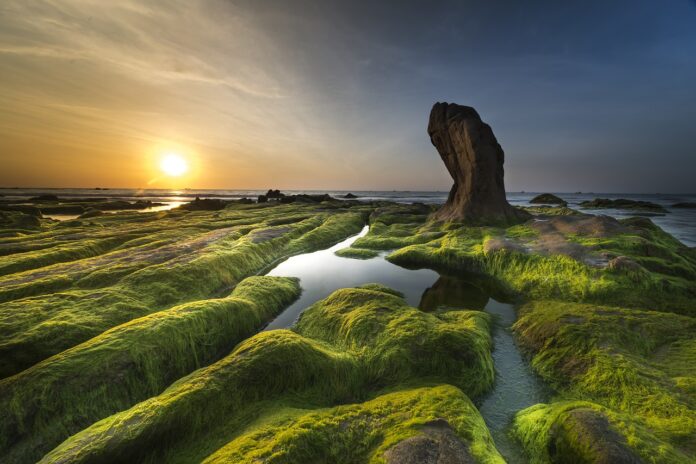
Many people have never heard the word “phytoplankton,” yet it is a very important word and one of the most important organisms on Earth.
Namely, phytoplankton are rather small, actually microscopic plant-like organisms, but they play a crucial role in the survival of all life on Earth. They are responsible for producing half of the oxygen we breathe and are the foundation of the marine food chain.
However, what would happen if phytoplankton went extinct? Would humans, animals, and planet survive?
Let’s explore in detail.
Besides the abovementioned, Phytoplankton are also responsible for regulating the Earth’s climate by absorbing carbon dioxide through photosynthesis.
Namely, over 99.9% of all the carbon dioxide that has been incorporated into living things over geological time is buried in the marine environment.
Most of this process is attributed to phytoplankton!
Basically, without phytoplankton, the Earth’s atmosphere would become unbreathable, and the planet would become mostly uninhabitable.
The impact of phytoplankton extinction would be really catastrophic for all life on the planet. It would result in the collapse of the marine food chain, leading to the extinction of countless marine species.
The loss of phytoplankton would also have a domino effect on land animals, as they rely on the ocean for food.
Perhaps, only Extremophiles or ultra-small and ultra-adaptable organisms would survive.
But we need to dig deeper to find out all the potential consequences.
Starting with the global oxygen levels.
Related:
Effects on Global Oxygen Levels
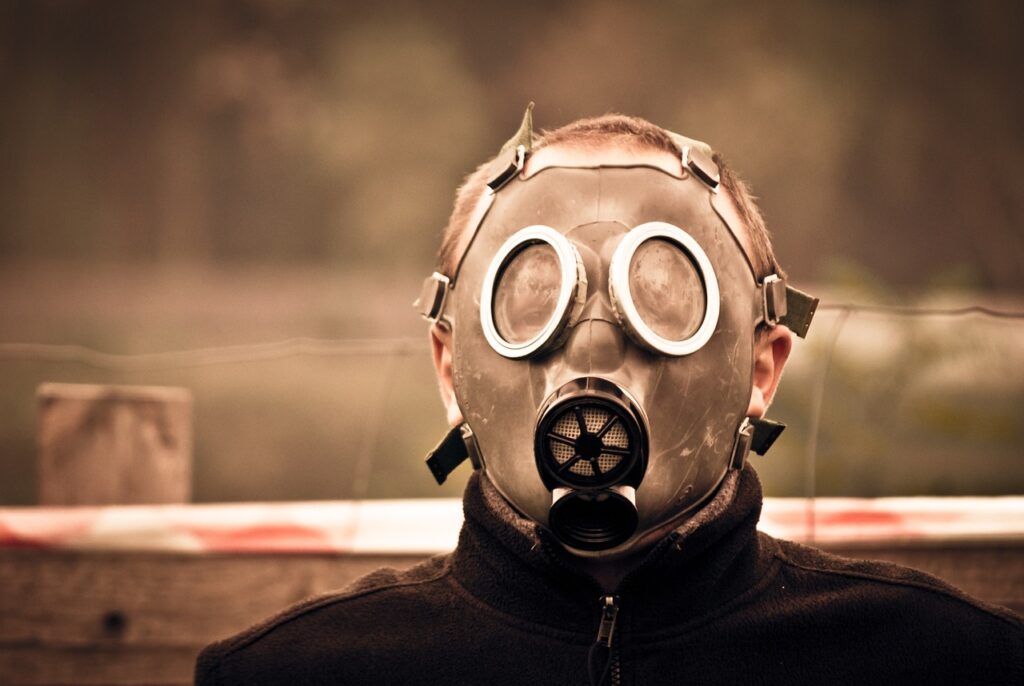
As mentioned, Phytoplankton is responsible for producing about half of the Earth’s atmospheric oxygen through photosynthesis. Therefore, if phytoplankton were to go extinct, there would be a significant impact on global oxygen levels.
According to a study published in the journal Nature Communications, marine plankton, including phytoplankton, may be at risk of extinction as our planet continues to warm.
This would result in the depletion of atmospheric oxygen on a global scale.
Most life on Earth depends on oxygen, and a decrease in oxygen levels would have a ripple effect on all living organisms. Without sufficient oxygen, organisms would not be able to survive, and the food chain would collapse.
It is not clear if humans would survive without phytoplankton. However, it is certain that the impact would be severe. Humans would have to find alternative sources of oxygen, which would be difficult.
And all this without even mentioning carbon sequestration and impact on Earth’s atmosphere.
Carbon Sequestration and Phytoplankton
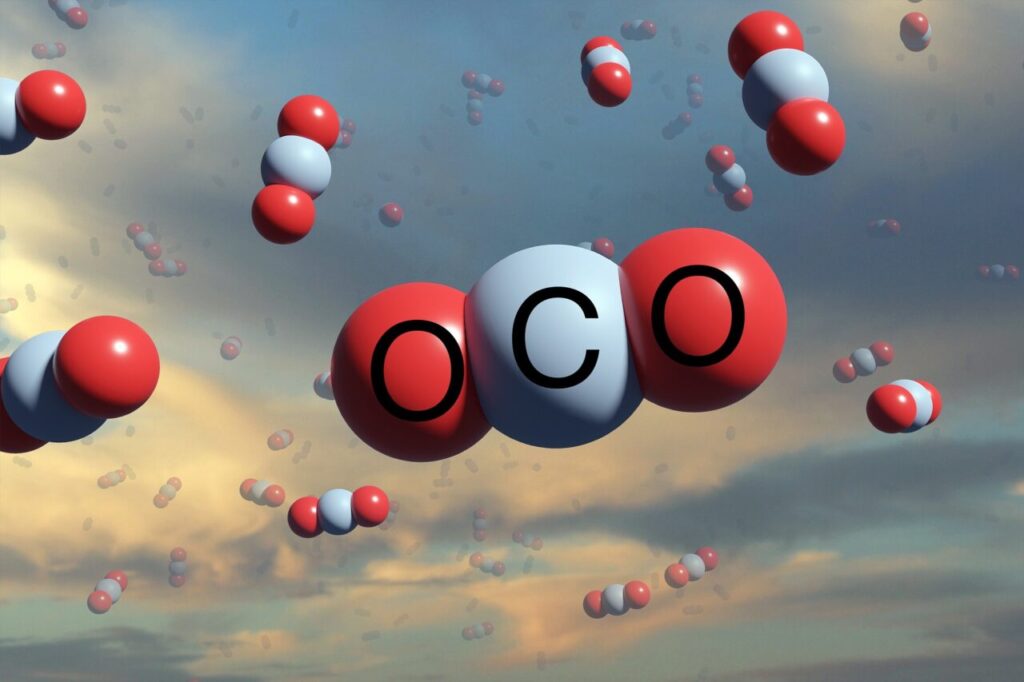
Phytoplankton play a crucial role in carbon sequestration, which is the process of removing carbon dioxide from the atmosphere and storing it in the ocean. Through photosynthesis, phytoplankton absorb carbon dioxide and convert it into organic matter.
This organic matter then sinks to the bottom of the ocean, effectively removing carbon dioxide from the atmosphere and storing it in the deep sea.
According to a study by MIT, the ocean absorbs approximately 25% of the carbon dioxide emitted by human activities. Phytoplankton are responsible for a significant portion of this carbon sequestration.
If phytoplankton were to go extinct, the amount of carbon dioxide in the atmosphere would increase, leading to accelerated global warming and climate change.
This would again have a ripple effect on all life on Earth.
So, for now, we’ve concluded that phytoplankton has an impact on oxygen, carbon dioxide, and our atmosphere. Thus, these tiny organisms have an impact on all life on Earth.
But they also have huge impact on water on Earth.
Alterations in Water Quality
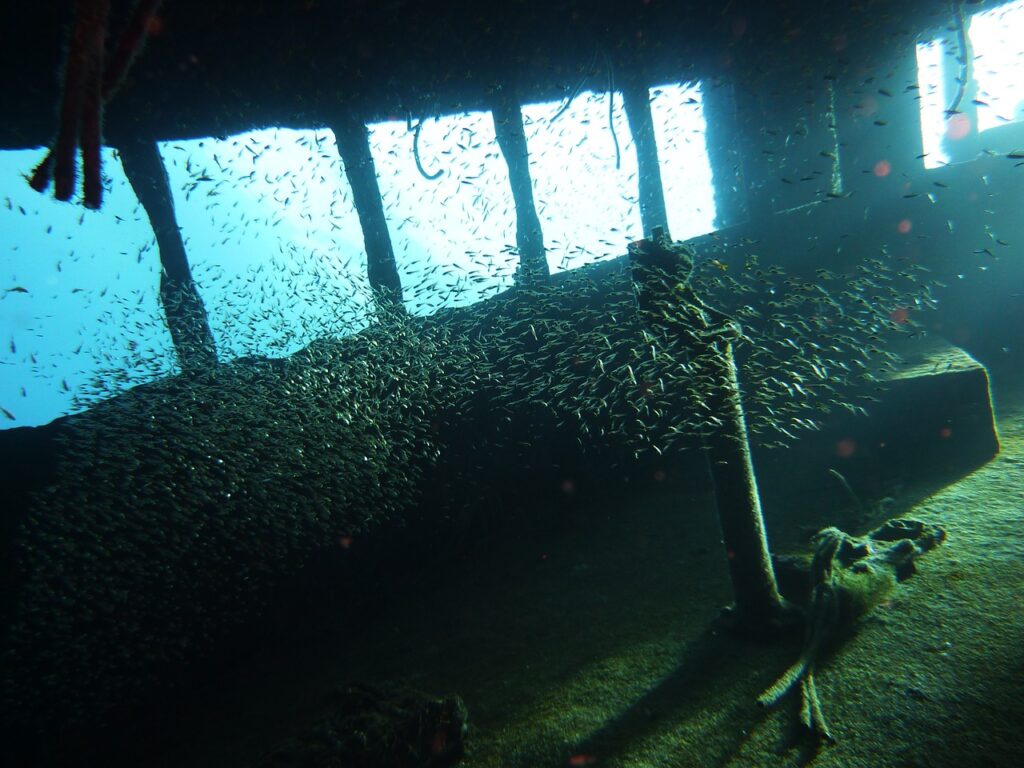
Namely, Phytoplankton plays a crucial role in maintaining water quality.
When phytoplankton dies, it sinks to the bottom of the ocean and decomposes. And recently, phytoplankton are dying out in an increasing rate.
This decomposition process consumes oxygen, leading to the creation of dead zones in the ocean where oxygen levels are too low to support life.
Moreover, phytoplankton also helps regulate the pH of the ocean. As they photosynthesize, they remove carbon dioxide from the water, which helps to prevent the ocean from becoming too acidic.
If phytoplankton were to go extinct, the pH of the ocean would drop, making it more acidic. This would again have a devastating impact on marine life, as many species are sensitive to changes in pH levels.
In addition, phytoplankton is also responsible for producing dimethyl sulfide (DMS), a chemical that helps to regulate cloud formation.
Without phytoplankton, the amount of DMS in the atmosphere would decrease, which could lead to changes in weather patterns and a decrease in rainfall.
…and so, with all the abovementioned consequences, we must ask ourselves the following question:
Would humans survive without phytoplankton and how?
Let’s see…
Human Survival without Phytoplankton

In the hypothetical scenario where phytoplankton disappears from Earth, the consequences would not be felt immediately but rather gradually.
As mentioned, if phytoplankton were to go extinct, it would disrupt the balance of oxygen and carbon dioxide in the atmosphere.
Initially, the effects might not be immediately catastrophic, as other oxygen sources, such as terrestrial plants and algae, would still contribute.
However, over time, the loss of phytoplankton would lead to a significant decrease in global oxygen production.
And as we know, humans cannot survive without sufficient oxygen.
In this case, one must wonder what could be done from a human perspective to prolong life on Earth in this dire scenario where all phytoplankton disappears (or dies out) from Earth.
Certainly, human survival would be at risk if the decline in oxygen production is not compensated for by alternative means. These alternative means involve the development and implementation of advanced technologies like artificial and synthetic photosynthesis.
Basically, artificial photosynthesis involves creating devices that mimic the natural process of photosynthesis. These devices use sunlight to convert carbon dioxide into oxygen and energy, much like phytoplankton do.
While the technology is still in its infancy, researchers are optimistic about its potential to provide an alternative source of oxygen production.
But we’re not there yet.
And so, we need to be really grateful that phytoplankton is here with us on Earth.
Conclusion
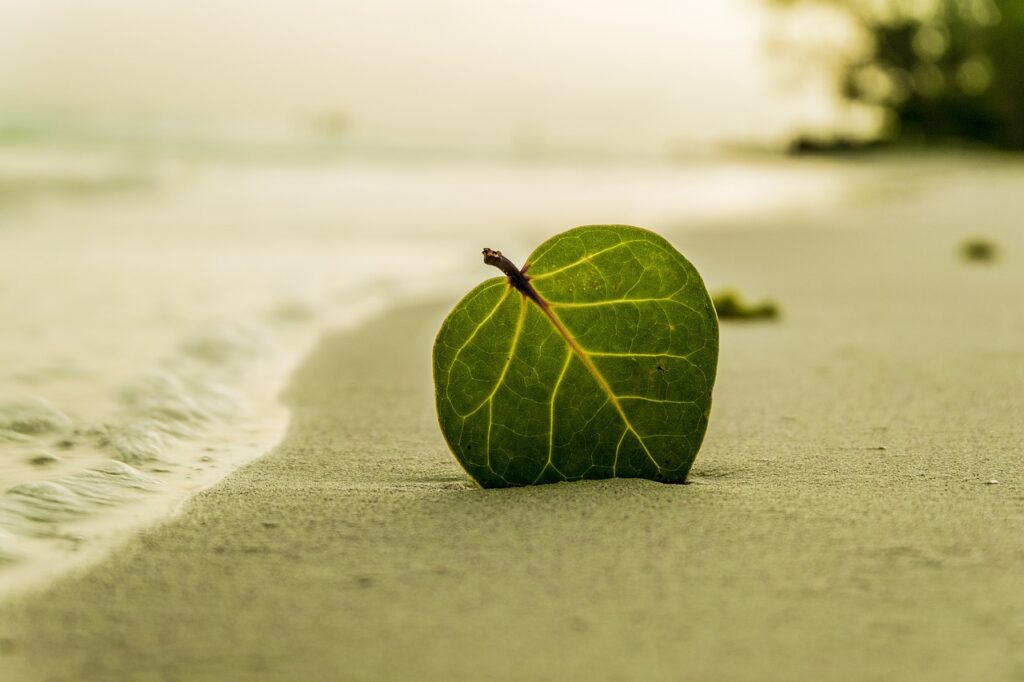
So, there you have it. In this dire scenario, there would still be hope for human survival on Earth. With the help of advanced technologies, perhaps we would be able to survive.
However, as mentioned, phytoplankton plays a crucial role in all ecosystems on Earth, as well as in Earth’s atmosphere.
While we may be able to mimic photosynthesis artificially, that would probably not be sufficient to compensate for everything else that phytoplankton does.
In conclusion, the loss of phytoplankton would have a severe and broad impact on everything, likely leading gradually to the extinction of almost all life on Earth.
Note: If you’re interested in similar articles you might like:




















